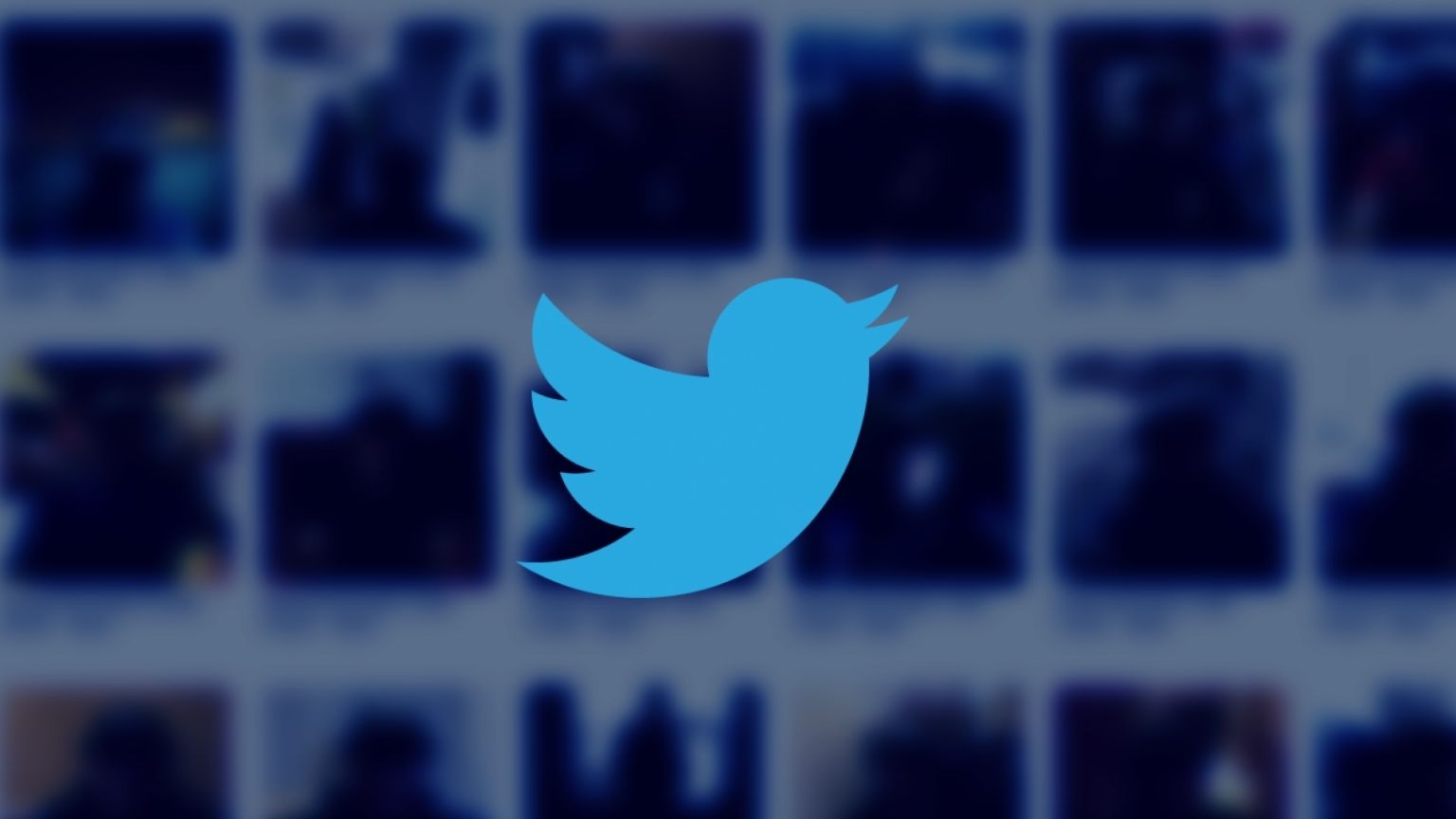Twitter has updated its policies to ban people from posting media (photos and videos) featuring other people without their consent. The new rule is part of the platform’s ban on sharing private information about other people and has major implications for free speech.
In a blog post, Twitter announced expanding its “private information policy,” which bans the publishing of private information such as home addresses and phone numbers, to now include media.
“There are growing concerns about the misuse of media and information that is not available elsewhere online as a tool to harass, intimidate, and reveal the identities of individuals,” the company wrote in the blog. “Sharing personal media, such as images or videos, can potentially violate a person’s privacy, and may lead to emotional or physical harm.”
The company added that the “misuse of private media” can “have a disproportionate effect on women, activists, dissidents, and members of minority communities.”
Twitter will begin taking action when it receives reports of tweets “containing unauthorized private media.”
Users can report a violation to the new rule by filing a first-person report, or through an “authorized representative,” to prove that the photo was shared without their consent.
However, there are exceptions to the rule. For instance, photos of public figures shared without their permission might remain if “shared in the interest of the public or add value to public discourse.” But they will be removed if the purpose of sharing is to “harass, intimidate, or use fear to silence them.”
The company said it will also consider content when enforcing the new rule on a case-by-case basis.
The blog post did not clarify how the platform will enforce the new policy.













